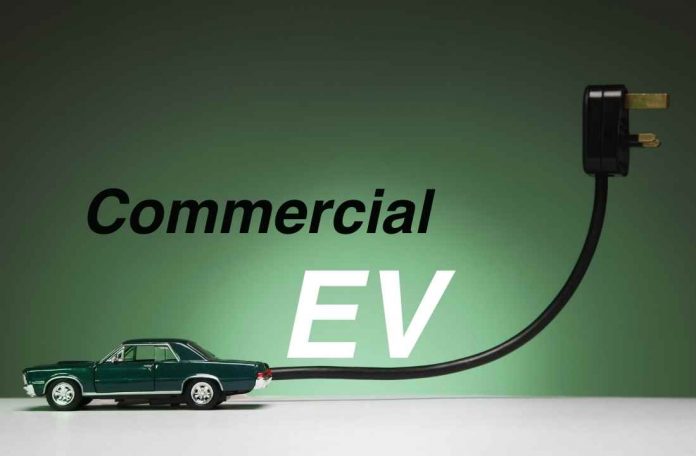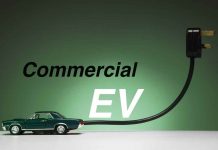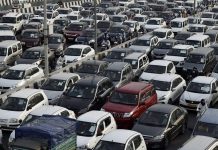EVs (electric vehicles) seems to be the way forward for the automobile industry in India. Now, this transition ought to take place both, in private and commercial environments. While the needs in both these applications are substantially varied, the solution can simply be the EVs. India is one of the fastest-growing automobile markets in the world. EV adoption continues to be a major hurdle in India’s future mobility targets. There are a few Indian start-ups like Hymotiv, that retrofit regular vehicles with electric motors. This is a tremendous feature to curtail the tailpipe emissions while using your regular car in the chaos of the city. Indian people are great at inventing low-cost solutions to humongous problems. This is a perfect example of that where an electric motor can easily be installed in your old vehicle. The difference in cost of this in comparison to buying an EV is astronomical.
Table of Contents
Commercial EVs
The E-commerce business in India is chiefly driven by the likes of Amazon, Flipkart and BigBasket. These e-commerce giants ensure the last-mile delivery across the length and breadth of our country. Clearly, the need for mini trucks, small commercial vehicles and two-wheelers is a necessity. The Indian people are slowly getting used to sorting out their shopping needs online. Hence, these companies are at the forefront of adoption the of EVs for delivering goods to the customers residing in far-flung areas of the country. To reach these places in EVs is the long-term goal. In the immediate future, these online supermarkets have to operate and fulfill orders in large cities. The charging infrastructure is not the biggest roadblock in the cities. Commercial vehicles use the technology of swappable batteries. These could be charged at the delivery fulfillment center and swapped once the battery in any vehicle gets empty. This model is sustainable and also future-oriented because the need for delivery vehicles is only going to increase in times to come with more and more people getting the hang of the technology.
Mahindra Electric Mobility Limited
One of the pioneers in the field of manufacturing commercial EVs in India is Mahindra. The most popular product in its fleet is the Treo Zor and costs around Rs 2.75 lakh. In the electric two-wheeler space, Hero Electric Vehicles is the major contributor towards developing e-two wheelers to share the delivery load in companies like Amazon, Flipkart and BigBasket. Amazon has pledged 10,000 EVs for deliveries in India by 2025. Walmart Inc.’s Flipkart goes one step beyond with the target of 25,000 and become fully electric by 2030. Tata-owned BigBasket is confident that it will achieve a 90% EV share in its fleet within the next 3 years. Now, these figures might seem ambitious to some but it is the only way forward. If we wish to achieve the environment target setup in various climate change meets, going the EV route seems to be the logical path towards achieving those climate goals.
Use of Technology in E-Commerce
One thing we can all agree on is the fact that technology has played a crucial role in shaping up the E-commerce business in India. With over 650 million internet users, people are getting access to the internet and technology to experience the future trends in e-commerce. This number indicates the growing D2C market in India. Since technology has enabled us to reach this point where anything we wish shows up on our doorstep within a couple of days, technology must also be used to curtail our negative effects on the environment. Becoming environment-conscious and opting for green mobility is our responsibility as well. We believe that the conversion of internal combustion engine-powered commercial vehicles to EVs is imminent. We just have to be open to the possibility and strive towards developing such policies to support this trend.
🔥119











